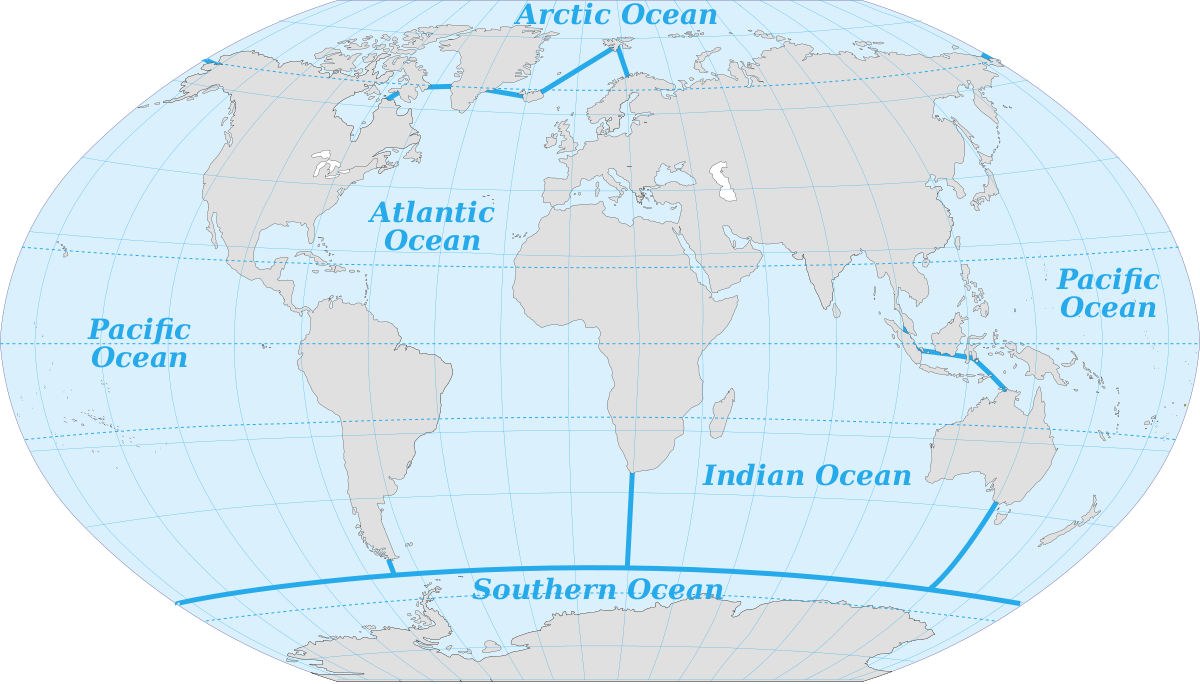Common Ocean, Divided Oceans, international community law of the sea, law of the sea example, law of the sea zones, Law of the Sea-an overview, What does the law of the sea do?, What is the law of the sea?, What law governs the sea?, When was the law of the sea created?
professor Tanaka said, In summary, the law of the sea should be considered as a dual legal system comprising the international law of the divided oceans and that of our common ocean. the former can be called ‘paradigm I’ and the latter can be called ‘paradigm II’. Primary features of the two paradigms can be summarized as follows:
(a) Paradigm I: The Law of the Divided Oceans
The first paradigm, i.e. the law of the divided oceans, rests on the Westphalian conception of international law stressing the safeguarding of State sovereignty. It aims to reconcile individual interests of States in each jurisdictional zone. In this sense, the State may be regarded as the primary subject of the law of the divided oceans. The spatial ambit of each jurisdictional zone is in principle defined spatially, based on distance from the coast, irrespective of the nature of the ocean and the natural resources within it. In this sense, the law of the divided oceans is spatial by nature. As will be discussed later, the law of the divided oceans is essentially governed by the principle of sovereignty and the principle of freedom. Compliance with rules of the law relies on the principle of reciprocity. According to this principle, compliance with rules of the law results from the interest a State perceives in the reciprocal action of another State or States. In other words, the principle of reciprocity seeks to secure the national interest of each State on the basis of the symmetry of rights and obligations. Overall it can be argued that the international law of the divided oceans essentially reflects the international law of coexistence.
(b) Paradigm II: The Law of Our Common Ocean
In contrast, the second paradigm, i.e. the law of our common ocean, rests on the international community that shares common values or interests. It aims to safeguard common interests of the international community or community interests at sea, by providing a legal framework for ensuring international cooperation in marine affairs. International cooperation requires international institutions. Thus the role of non-State actors is of particular importance for protecting community interests at sea. Contrary to the law of the divided oceans, the law of our common ocean focuses on the unity of the ocean. This will require a more holistic or integrated management approach. Furthermore, since the principle of reciprocity essentially
governs bilateral and contractual relations between atomistic States, the traditional compliance mechanism on the basis of the reciprocity principle contains an inherent limit to the protection of community interests. Hence the law of our common ocean adopts a more institutional approach to secure compliance with relevant rules. Overall, the law of our common ocean can be thought to reflect the international law of cooperation.
(c) Changing Paradigms in the Law of the Sea
The two paradigms are not mutually exclusive, but coexist in the law of the sea. Thus reconciliation between the two paradigms should be an essential issue in the law. Traditionally the law of the sea has been governed primarily by the first paradigm. As international law, including the law of the sea, is dynamic by nature, however, the balance between the two paradigms may change over time. It is argued that one of the remarkable features of contemporary international law is the emergence of the concept of community interests.
As Simma pointedly observed, ‘arising awareness of the common interests of the international community, a community that comprises not only States, but in the last instance all human beings, has begun to change the nature of international law profoundly’. Reflecting this trend, the protection of community interests at sea – such as sustainable use of marine resources, marine environmental protection and the maintenance of maritime security – is increasingly important in the law of the sea. Accordingly, it appears that the second paradigm, although embryonic, is gaining importance in this area of law.
source: The International Law of the Sea, Yoshifumi Tanaka

